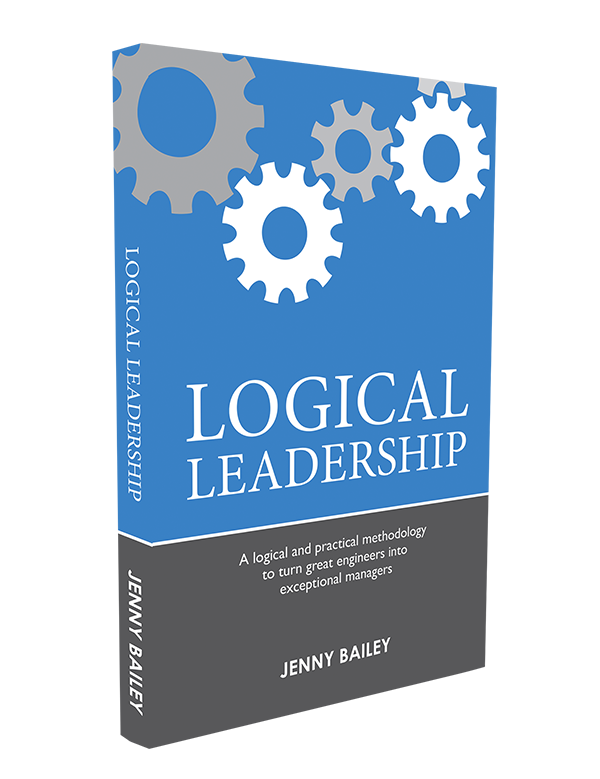In July 2016, I rolled out a short survey to engineers in different industries. I was interested to know whether women were satisfied with their careers in engineering. Did they have development opportunities? Were their careers, or lives, impacted by gender discrimination in any way?
My research concluded that female engineers are incredibly tolerant people. On a scale of 5, they rated career satisfaction a 3.8; development opportunities a 3.5; the culture of their existing organisation a 3.8 (where 5 was a ‘great place to work’); and flexibility a 3.9. However, when I asked whether they have been discriminated against based on gender, only 13 per cent answered no. Twelve per cent experienced bullying or unwanted sexual advances. A further 12 per cent answered they felt unwelcome in their workplace, and 51 per cent claimed minor discrimination. In total, 87 per cent experienced discrimination to some degree, based on their gender.
When asked whether their careers had been impacted by gender discrimination, only 27 per cent answered no. What was interesting, however, was the significant difference between women who had children and those who did not. Forty per cent of women without children felt that being a woman had not impacted their career, where only 17 per cent of women with children felt their career had not been impacted. That is, 83 per cent of women with children felt that being female and being a mother had limited their career opportunities.
From my survey, I concluded that:
- Significant proportions of females are experiencing gender discrimination and can feel unwelcome in their workplaces.
- More than half of women without children feel that their career prospects are being impacted by their gender.
- Most female engineers, who are mothers, feel that their career prospects are being impacted.
Here are some quotes from some of the female engineers surveyed.
‘Things are great now; however, in my opinion, 20 years ago there weren’t as many opportunities for women in engineering’.
‘One of my first experiences as a new graduate was walking across the shop floor and hearing the site manager say to a colleague: ‘I wouldn’t mind putting that across my knee and spanking it’. ‘
‘As a new graduate, I was the only female of three new employees who needed to be allocated to three different roles. I was given a desk role and the other two graduates (men) were mostly put on site roles. I was told they chose based on whom they felt was most suited to the role, but I felt my gender played a big part in that. Having said that, I was the first female engineer the company had ever hired and I believe that actually helped me get the job in the first place, because there were over 90 candidates that applied, and only two were women. ‘
‘Passive discrimination, not being considered for the responsibility of a difficult job. Being pushed gradually towards the ‘soft’ roles of organising the lunchtime seminar series. ‘
‘There is a noticeable two-tiered culture between the male and female consultants. Opportunities, which were commonly offered to my male counterparts, were rarely offered to women with similar experience or expertise. ‘
‘The hardest thing has been taking on leader posts, since I cannot work 24/7 due to responsibilities within my family. My male colleagues do not have that problem, since their wives are taking the biggest responsibility at home. I’m in a much more equal relationship; however, my husband would never work part-time to support my career. Leadership roles, sadly, often seem to be built for persons putting family second. It should not be like that! ‘
‘I’m paid substantially less than male colleagues in exactly the same role. ‘
‘Career opportunities have been limited by working part-time (four days per week) after returning to work from parental leave. Actually, I’m managing a full-time job, being paid for four days per week and doing lots of work from home in my own time. ‘
‘When unsuccessfully applying for a role, the feedback included, We feel John is more capable of telling the contractor what to do—he has broader shoulders to take on the role (with no examples of why he’d be better). ‘
‘I feel out of place in all male parties. ‘
‘I’ve worked part-time since having children, and I think this significantly impacts my progression opportunities. ‘
‘At least twice at site meetings, I was assumed to be the engineer’s secretary sent to take minutes. ‘
‘My current company is exceptionally supportive of diversity and females in manufacturing.’
‘I often feel like I am disrupting a ‘boy’s club’ rather than being part of a team. There have been several incidences where I have been ‘called-out’ as a female and made to feel like I do not belong. ‘
‘I had more issues as an electrician than as an engineer.’
This is an excerpt from Jenny’s book ‘Women in Hard Hats – building leadership, confidence and life satisfaction in the engineering sector. To purchase a copy go to www.jennybailey.com.au.
